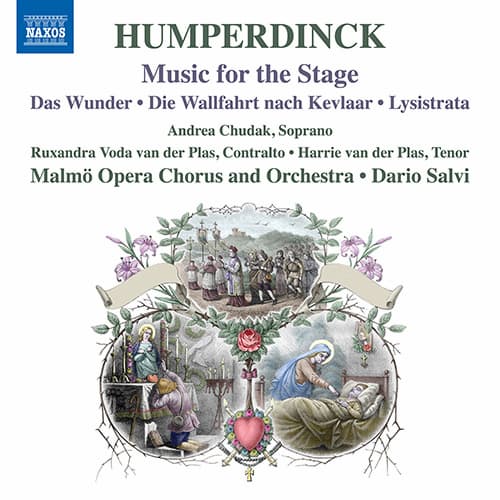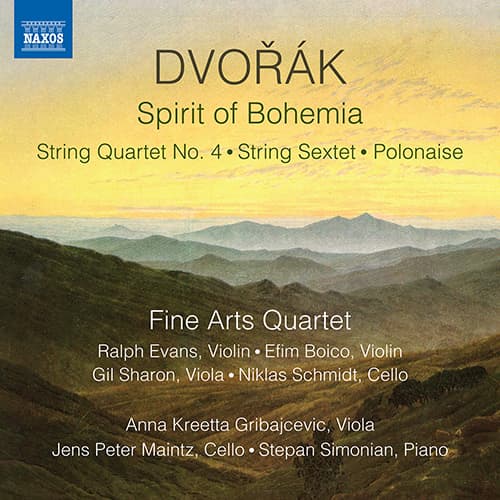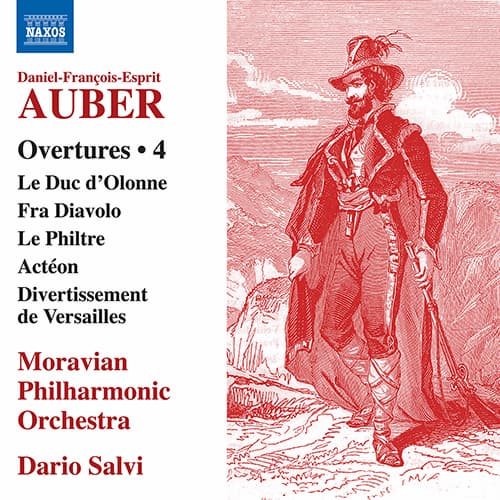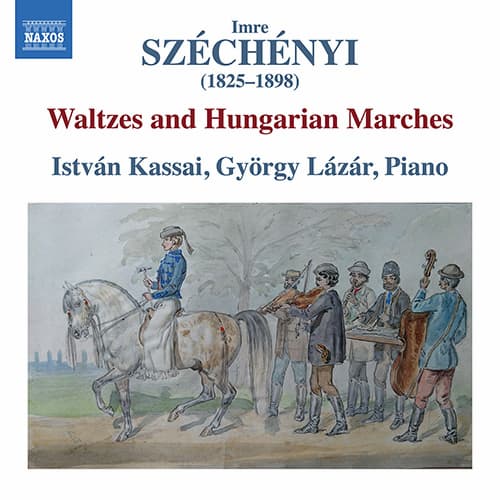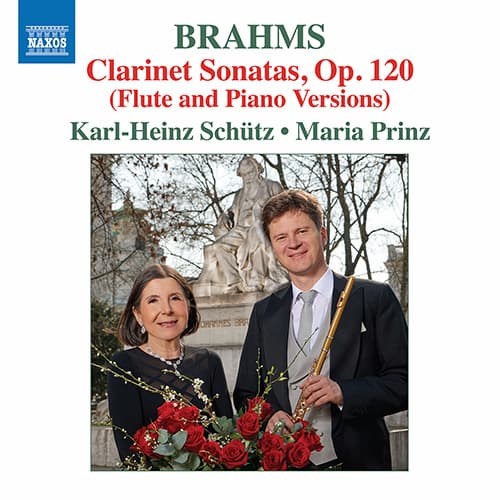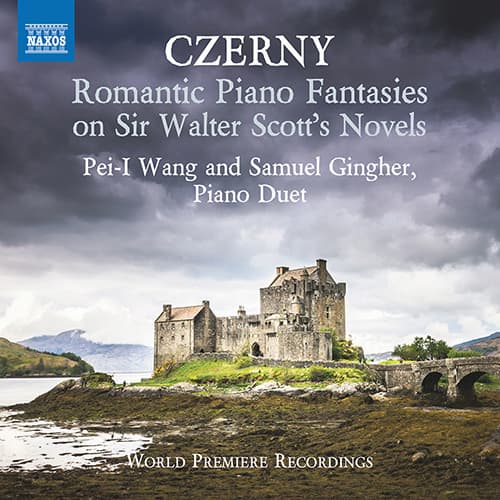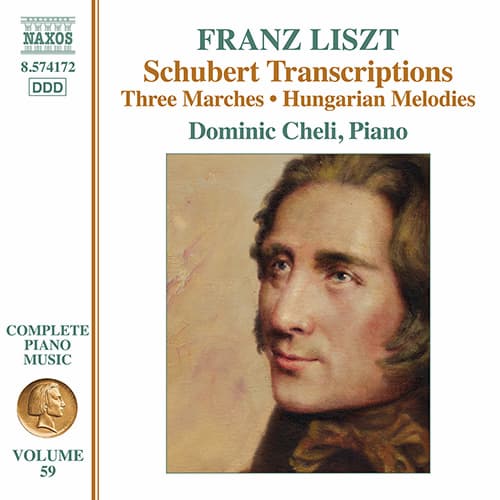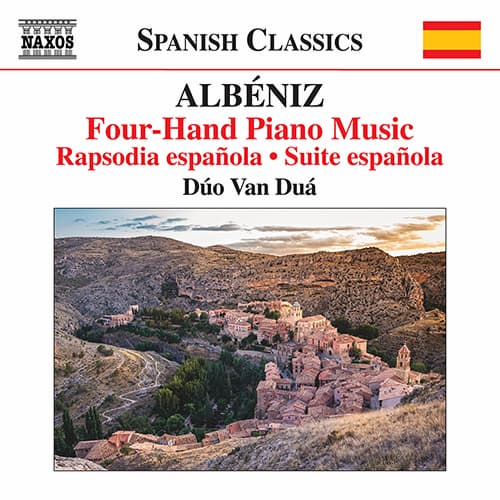Englebert Humperdinck (1854–1921), after his studies in Cologne and Munich, and further studies in France and Italy, became a follower of Wagner, whom he met in Italy in 1881. Wagner invited him to help with the preparation of Parsifal, and
Archives
When we think of Antonín Dvořák, we don’t think of him in relation to genres such as the polonaise, which we associate more with Chopin and the pianistic repertoire. But, in 1879, for the cellist Alois Neruda, he composed a
Daniel-François-Esprit Auber (1782–1871), working with the dramatist and librettist Eugène Scribe (1791–1861), was at the heart of 19th-century French opera. Auber and Scribe worked together for 41 years and through 39 operas. His specialty was grand historical drama, such as
Imre Széchényi (1825–1898) grew up in Vienna in fortunate circumstances. His father was chief court chamberlain to the mother of the future Franz Joseph I and Széchényi grew up with Franz Joseph and his brother, later Maximillian I of Mexico.
Johannes Brahms is better known as an instrumental composer than as a song composer, but there are still over 300 songs in his catalogue. In this recording, Karl-Heinz Schütz arranged one of the best known and best beloved of these
Carl Czerny (1791–1857) had the benefit of a father, Wenzel, who knew everyone in music in Vienna. Wenzel worked in all aspects of music as a pianist, an organist, an oboist, and a singer and he made his money teaching
Franz Liszt dipped into the inspirational melody pool of Schubert’s music time and again in his search for creating new sounds for the piano. Liszt wanted to both reproduce the song and, at the same time, make it a pianistic
Originally created for piano and orchestra, Isaac Albéniz’s Rapsodia española received its premiere with Albéniz as the piano soloist with the Orquesta de la Sociedad de Conciertos, Tomás Bretón conducting, in March 1887. Albéniz’ version for piano four-hands came that

